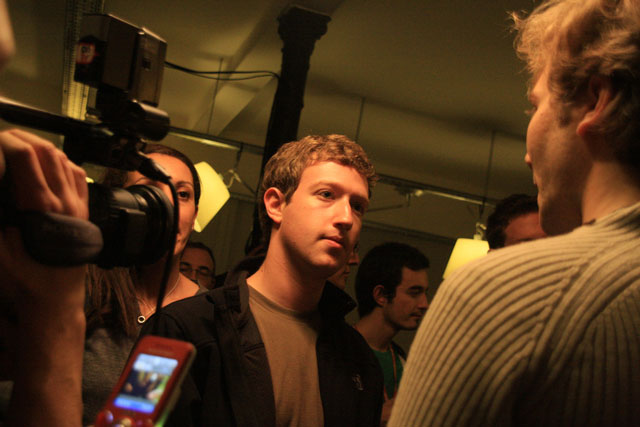 At the end of this year, Facebook will launch a satellite into orbit to provide free access to the Internet to the African continent. Yes, really. But what is a social networking service doing mucking around with satellites?
At the end of this year, Facebook will launch a satellite into orbit to provide free access to the Internet to the African continent. Yes, really. But what is a social networking service doing mucking around with satellites?
To be completely accurate, Facebook has partnered with a Paris-based firm called Eutelsat (which was planning to launch the satellite anyway) rather than following through on rumoured plans to build its own.
And it’s not Facebook per se that will be offering the service, but Internet.org, a non-profit organisation to which Facebook is the largest contributor. But the net result is the same: from the middle of 2016, a Facebook-backed organisation will be offering free Internet access across broad swathes of Africa (including South Africa).
Internet.org is the pet project of Mark Zuckerberg, Facebook’s relentlessly optimistic and ambitious founder. In 2013, he published a whitepaper that argued for Internet connectivity as a human right, and outlined bold plans to “connect” the 5bn people who lack Internet access.
Another Internet.org project that it being tested is enabling connectivity via extremely efficient unmanned drones, capable of staying aloft for months at a time. These drones will communicate with each other, and with base stations, using lasers. Yes, lasers!
While there’s definitely a good deal of altruism behind Internet.org, there’s also some good business sense. Facebook already has 1,5bn active users. If it continues to grow at even half its current pace, it will literally run out of new customers within a decade.
Facebook has proved exceptionally good at convincing people to use its services. If it spends a few billion dollars to bring another billion people online in the next decade, it’s fairly certain that a lot of them will become customers.
This isn’t a particularly new idea. Google, which is also running out of new customers, has been working on similar projects since 2008. Its first foray into the field, Project Loon, will use weather balloons to offer Internet connectivity to isolated communities.
Last year, Google bought Titan Aerospace, a company specialising in solar-powered drones, to do the same thing. So what looks like a whacky science project for a bored billionaire is really an arms race to find the next billion customers.
The other members of Internet.org — Samsung, Ericsson, MediaTek, Opera Software, Nokia and Qualcomm — are in a similar boat to Facebook. They need access to new customers, and there are powerful interests and barriers preventing them from making progress.

Mobile network operators, for instance, tend to be extremely territorial and unwilling to collaborate with anyone they see as a potential competitor. This is particularly true in developing countries, where a few large networks have a stranglehold on connectivity and no real interest in expanding coverage. In this context, Google and Internet.org could be powerful forces for good.
These projects are not without their critics. The Internet access they provide is heavily circumscribed and curated. This isn’t the Web most of us are used to; this is a carefully selected menu of services that will work well via their exotic delivery channels. Anything too bandwidth intensive is not even offered.
To sceptical eyes, this kind of editorial influence amounts to an attack on network neutrality. Critics see it as a cynical land grab, herding poor people into a walled garden controlled entirely by a corporation.
Teaching billions of people that Facebook equals the Internet does sound vaguely Orwellian, but the hecklers are largely overstating their point. Internet.org’s Free Basics platform offers access to a huge variety of services at zero cost to consumers.
Yes, Facebook is prominently featured, and yes that is not entirely selfless. But if Facebook brings Internet access to even 10m people who would not otherwise have had it, then that’s an amazing public good.
Of course, none of this is a reality yet. The engineering challenges are immense, and the logistical challenges are even bigger. Getting drones into the air and connected via lasers is one thing. Getting telecoms equipment into rural Africa is quite another.
But let’s look past all the squabbling and the sniping, and see how truly exciting these ideas are. This is thinking on a scale that most people would never dare to explore. If any one of these projects becomes a reality, just think about what it could mean to the world. It’s hard to stay cynical when someone out there is busy making the impossible possible.
- Subscribe to TechCentral’s free daily newsletter




